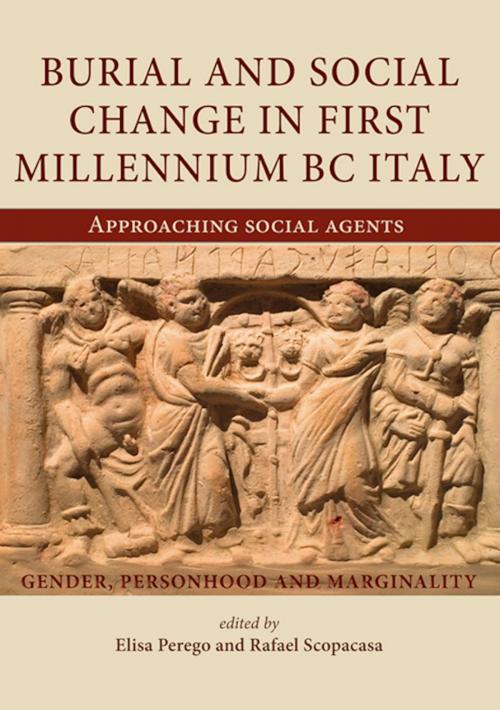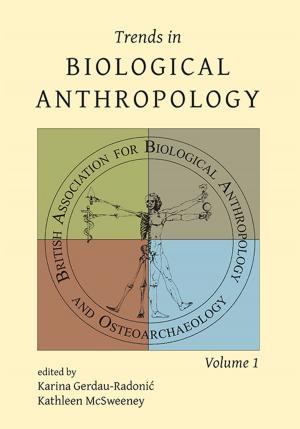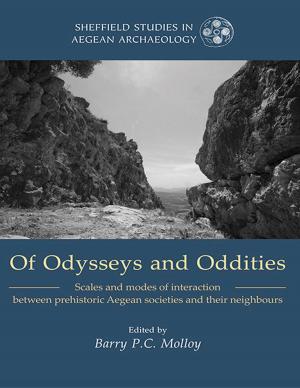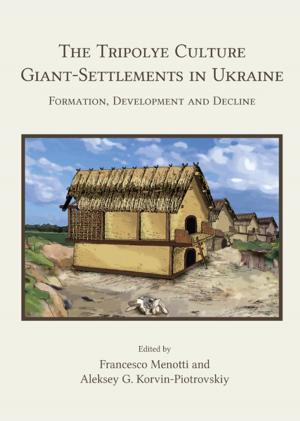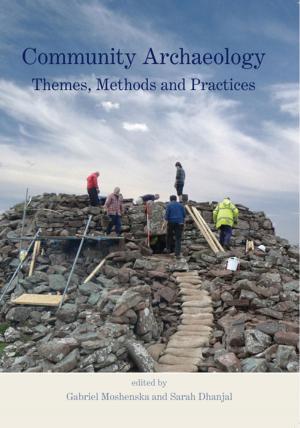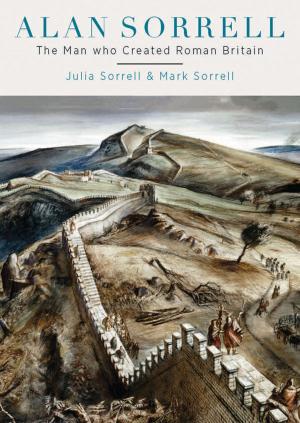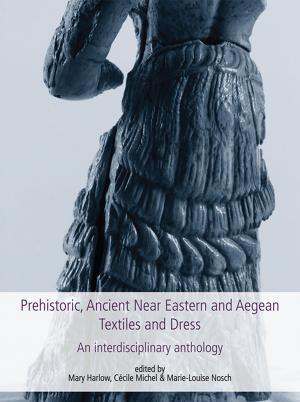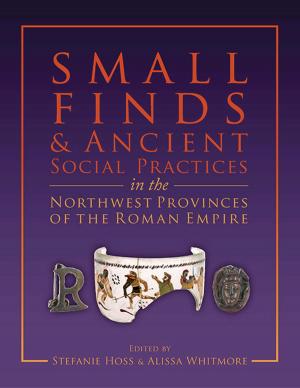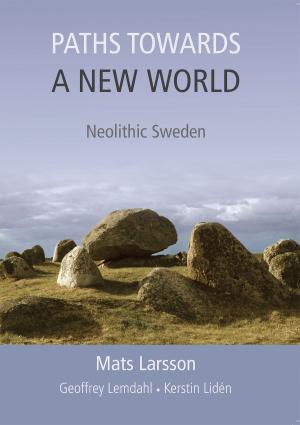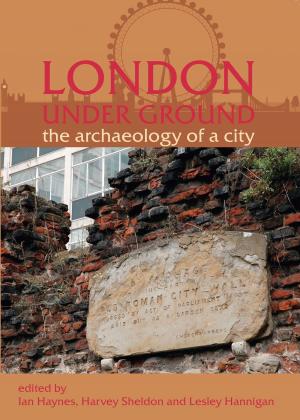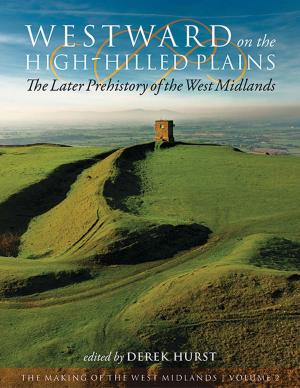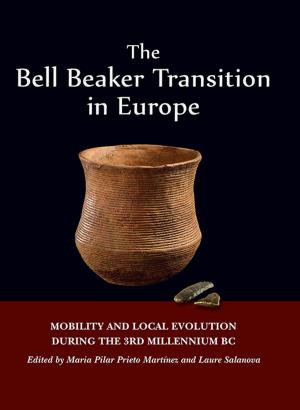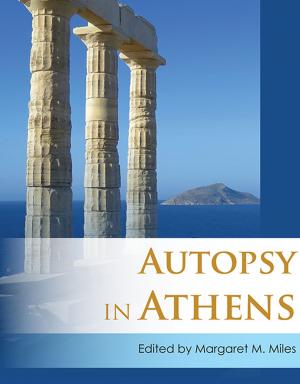Burial and Social Change in First Millennium BC Italy
Approaching Social Agents
Nonfiction, History, Ancient History, Rome, European General| Author: | Elisa Perego, Rafael Scopacasa | ISBN: | 9781785701856 |
| Publisher: | Oxbow Books | Publication: | November 30, 2016 |
| Imprint: | Oxbow Books | Language: | English |
| Author: | Elisa Perego, Rafael Scopacasa |
| ISBN: | 9781785701856 |
| Publisher: | Oxbow Books |
| Publication: | November 30, 2016 |
| Imprint: | Oxbow Books |
| Language: | English |
In the first millennium BC, communities in Italy underwent crucial transformations which scholars have often subsumed under the heading of ‘state formation’, namely increased social stratification, the centralization of political power and, in some cases, urbanisation. Most research has tended to approach the phenomenon of state formation and social change in relation to specific territorial dynamics of growth and expansion, changing modes of exploitation of food and other resources over time, and the adoption of selected socio-ritual practices by the ruling élites in order to construct and negotiate authority. In contrast, comparatively little attention has been paid to the question of how these key developments resonated across the broader social transect, and how social groups other than ruling élites both promoted these changes and experienced their effects.
The chief aim of this collection of 14 papers is to harness innovative approaches to the exceptionally rich mortuary evidence of first millennium BC Italy, in order to investigate the roles and identities of social actors who either struggled for power and social recognition, or were manipulated and exploited by superior authorities in a phase of tumultuous socio-political change throughout the entire Mediterranean basin. Contributors provide a diverse range of approaches in order to examine how power operated in society, how it was exercised and resisted, and how this can be studied through mortuary evidence. Section 1 addresses the construction of identity by focusing mainly on the manipulation of age, ethnic and gender categories in society in regions and sites that reached notable power and splendor in first millennium BC Italy. These include Etruria, Latium, Campania and the rich settlement of Verucchio, in Emilia Romagna. Each paper in Section 2 offers a counterpoint to a contribution in Section 1 with an overall emphasis on scholarly multivocality, and the multiplicity of the theoretical approaches that can be used to read the archaeological evidence.
In the first millennium BC, communities in Italy underwent crucial transformations which scholars have often subsumed under the heading of ‘state formation’, namely increased social stratification, the centralization of political power and, in some cases, urbanisation. Most research has tended to approach the phenomenon of state formation and social change in relation to specific territorial dynamics of growth and expansion, changing modes of exploitation of food and other resources over time, and the adoption of selected socio-ritual practices by the ruling élites in order to construct and negotiate authority. In contrast, comparatively little attention has been paid to the question of how these key developments resonated across the broader social transect, and how social groups other than ruling élites both promoted these changes and experienced their effects.
The chief aim of this collection of 14 papers is to harness innovative approaches to the exceptionally rich mortuary evidence of first millennium BC Italy, in order to investigate the roles and identities of social actors who either struggled for power and social recognition, or were manipulated and exploited by superior authorities in a phase of tumultuous socio-political change throughout the entire Mediterranean basin. Contributors provide a diverse range of approaches in order to examine how power operated in society, how it was exercised and resisted, and how this can be studied through mortuary evidence. Section 1 addresses the construction of identity by focusing mainly on the manipulation of age, ethnic and gender categories in society in regions and sites that reached notable power and splendor in first millennium BC Italy. These include Etruria, Latium, Campania and the rich settlement of Verucchio, in Emilia Romagna. Each paper in Section 2 offers a counterpoint to a contribution in Section 1 with an overall emphasis on scholarly multivocality, and the multiplicity of the theoretical approaches that can be used to read the archaeological evidence.
